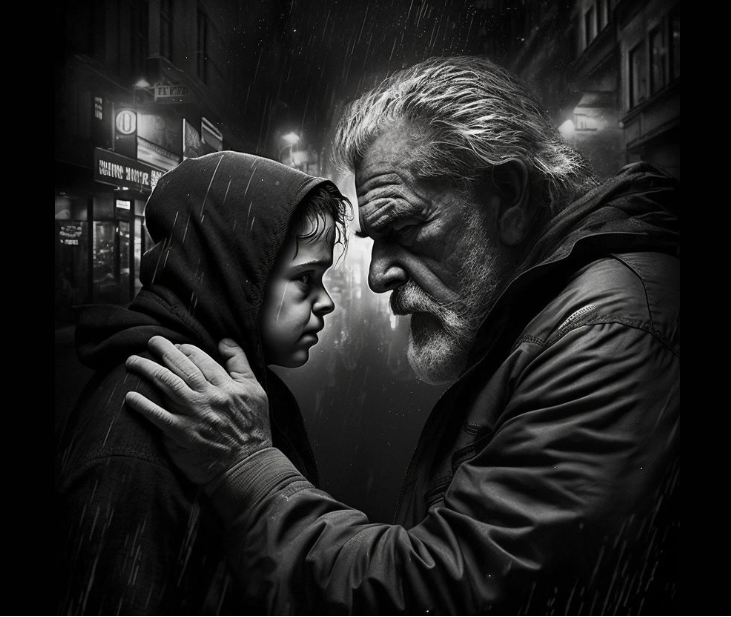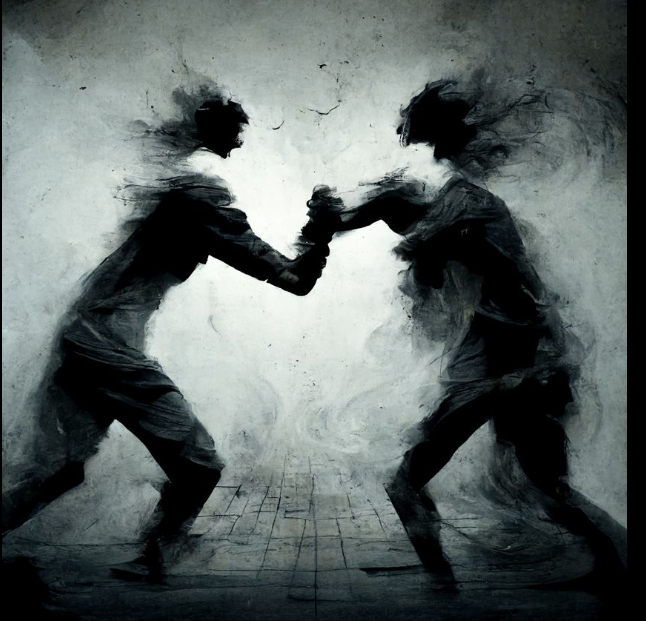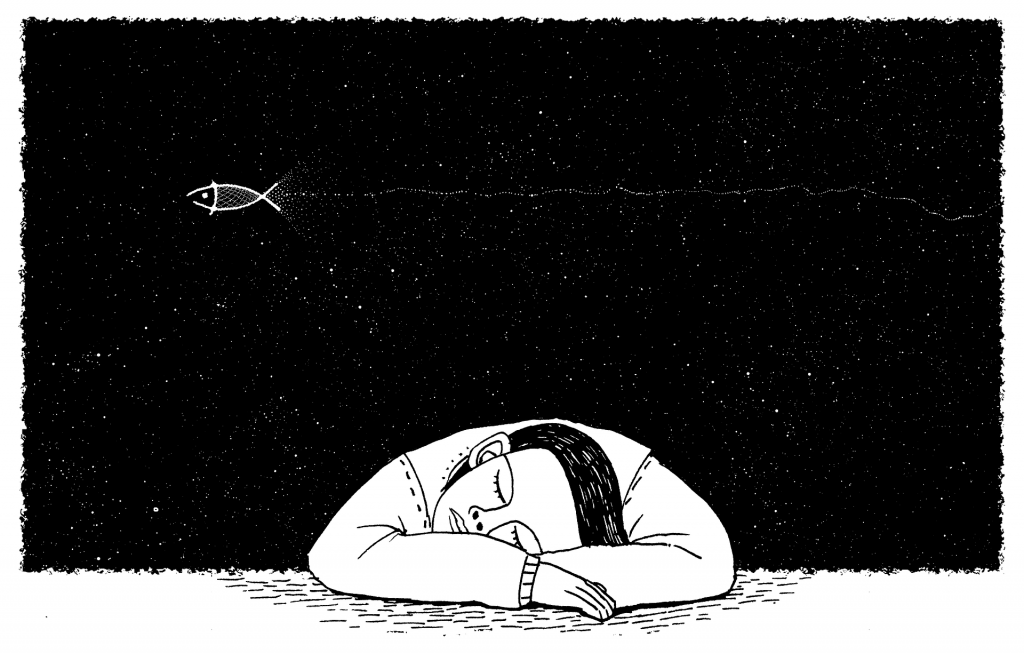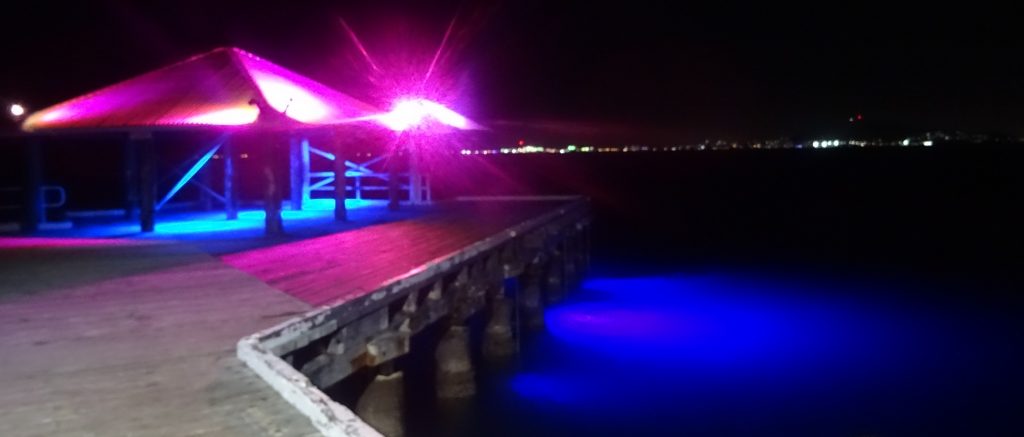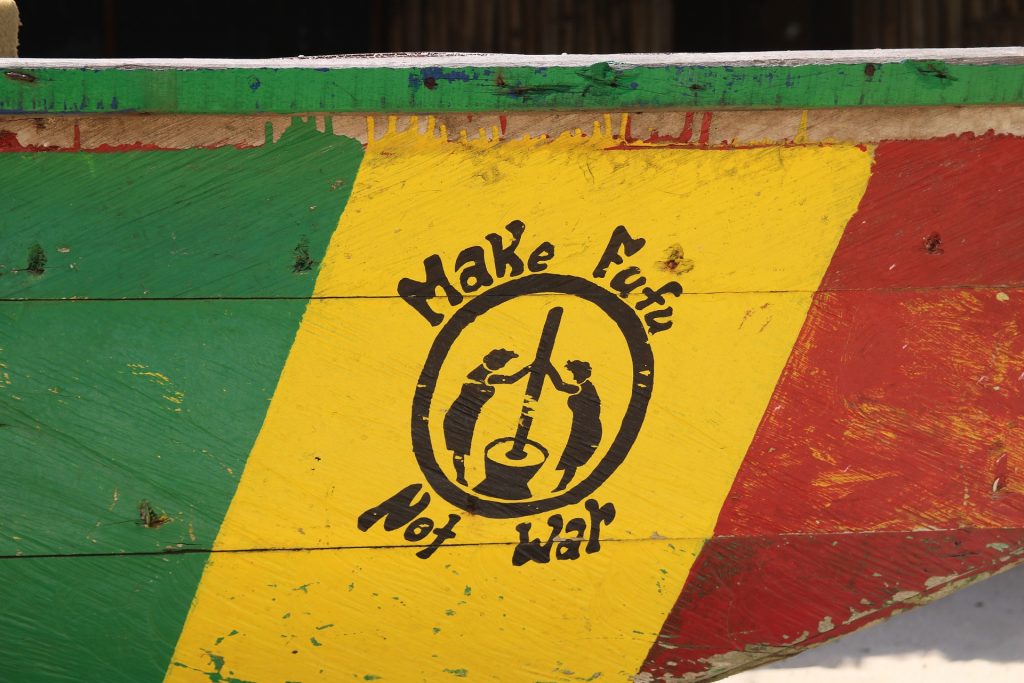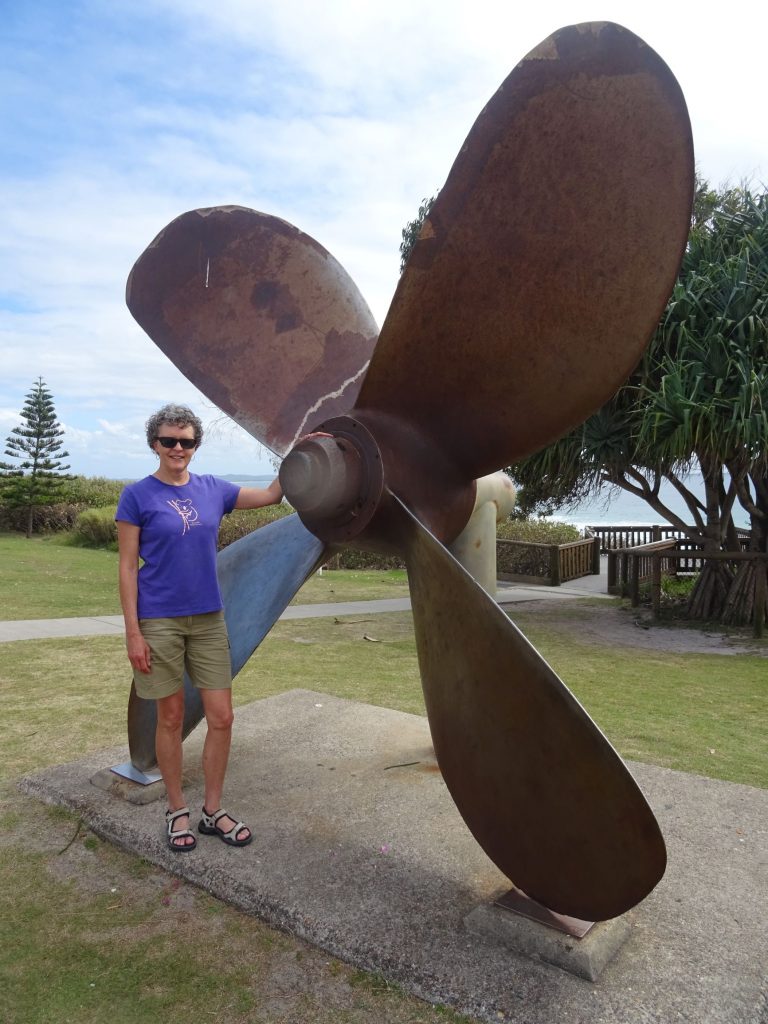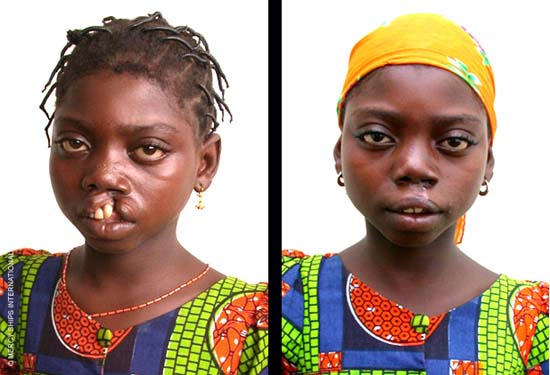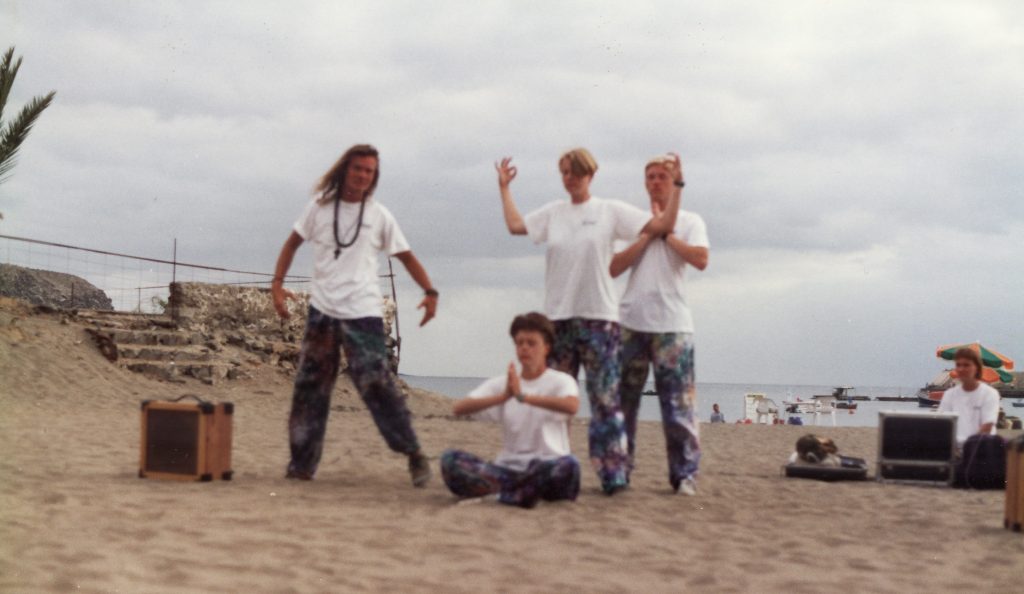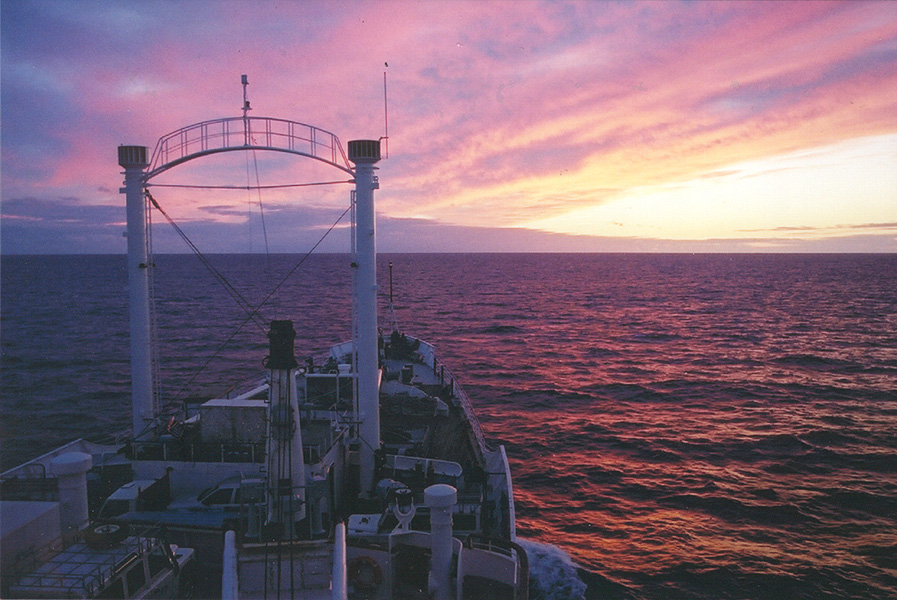
Looking back will only give you a sore neck. I’ve heard plenty of variations on that phrase. They all mean the same thing. Regret for the past can hamper what you see looking forward. But a little regret can also give you a realistic view of who you have been, who you are and what you may become. So when I meet Andrew I fire off two questions for him.
Those questions paraphrased are: What are three positive things about yourself ? Also, What do you regret about yourself? He lists caring, sporty and crazy for his positive list. His negative list includes pride, temper, and anger. With that out of the way he then takes me on a journey through his life to date. Andrew has come a long way in every sense of the word. Born in Sri Lanka his heritage was flavoured by Sri Lankan, French and Irish influences. He had a multicultural background long before the word came into popular use.
Unfortunately in 1969 the Sri Lankan Government decided to turn away from Multiculturalism. They banned students from using English in schools and made everyone use only Sinhalese. For those of European background who then felt compelled to move overseas the Government seized their assets. That’s why when Andrew arrived in Australia with his sister and mother they only had 300 dollars
Andrew has gone into many things thinking he could make a difference then he frequently discovered that his actions have changed him instead. I am sure that he did not enter into his first marriage to learn the lessons that he did. He has now been happily remarried for many years.
Music has been and still is important to Andrew. He has been heavily involved with worship teams in churches. His church life was challenged when he met Ron Hutchinson from the Fringe church at Redcliffe. He learned that there had been 16 suicides in Redcliffe that month. This news clashed with some deeply inappropriate behaviour that he witnessed in other churches. They were not meeting the need that was in the community. No one person can solve everything so he knew he could not do that. But he could be in the best place to help out provided he learned the lessons of 67 years of successes and failures.
He currently works in a caring profession and is part of a band called Oleander Grove. He has a wealth of stories to tell. I have barely scratched the surface here. Looking back on life may give you a sore neck but its also a great way to see how far you have come.



